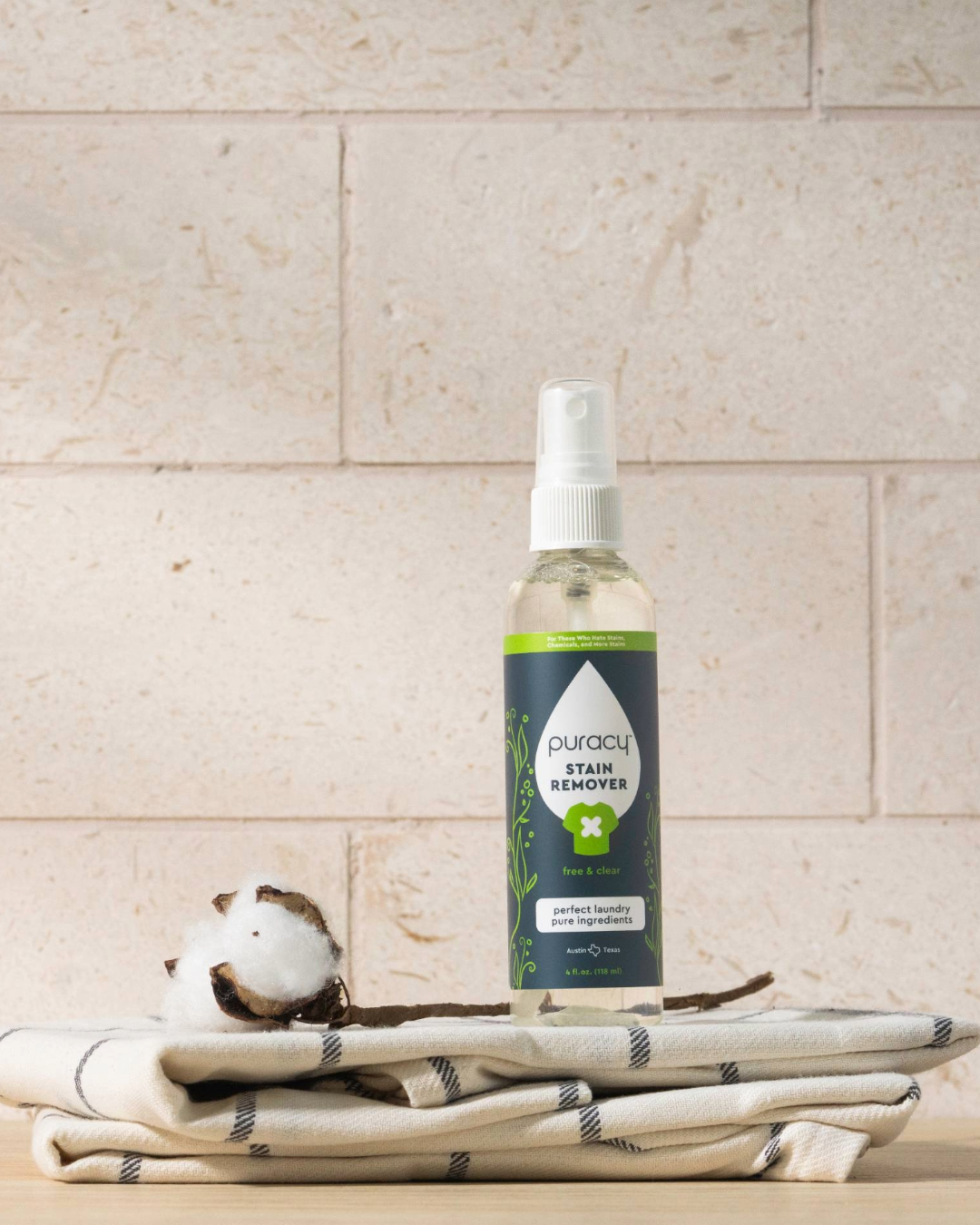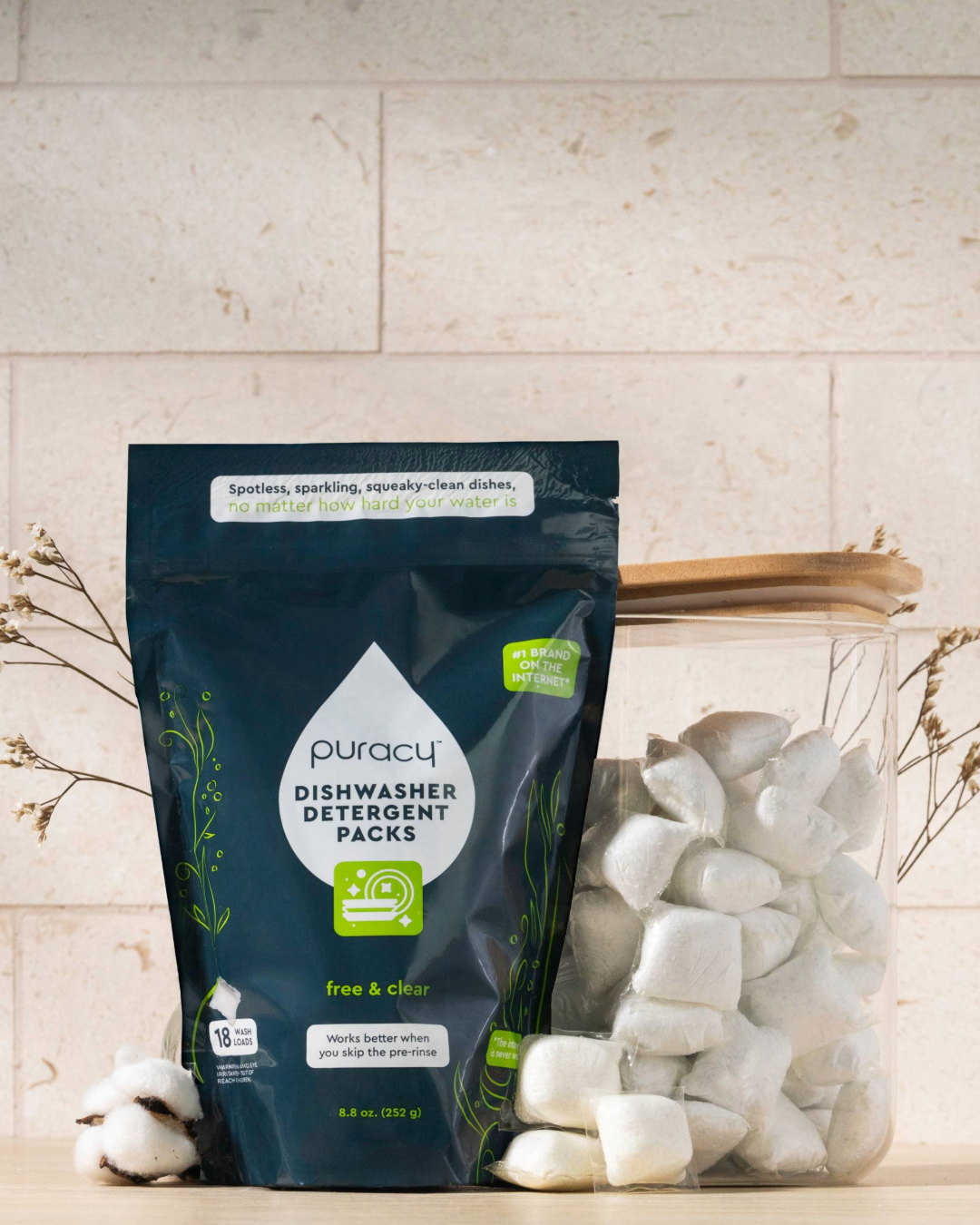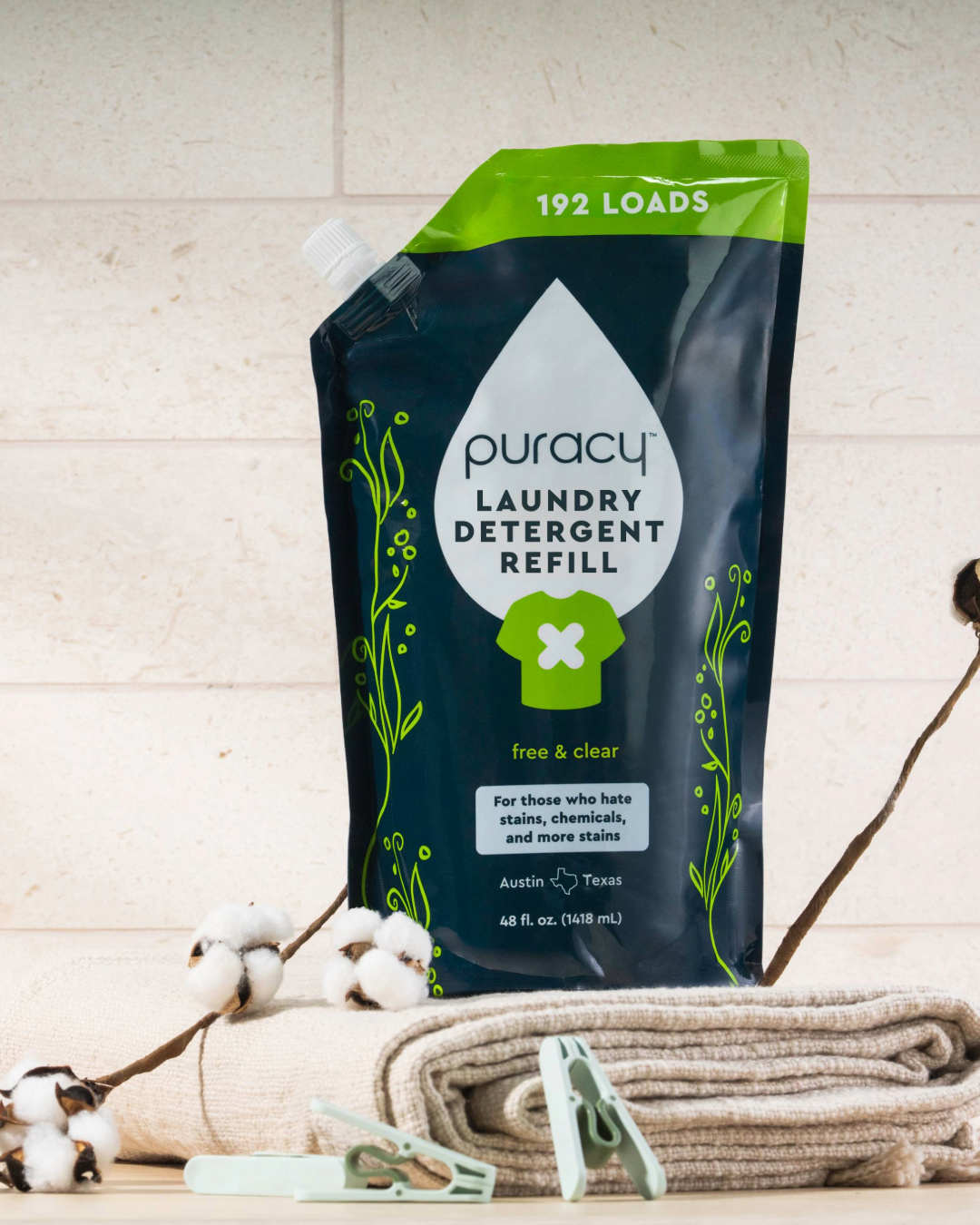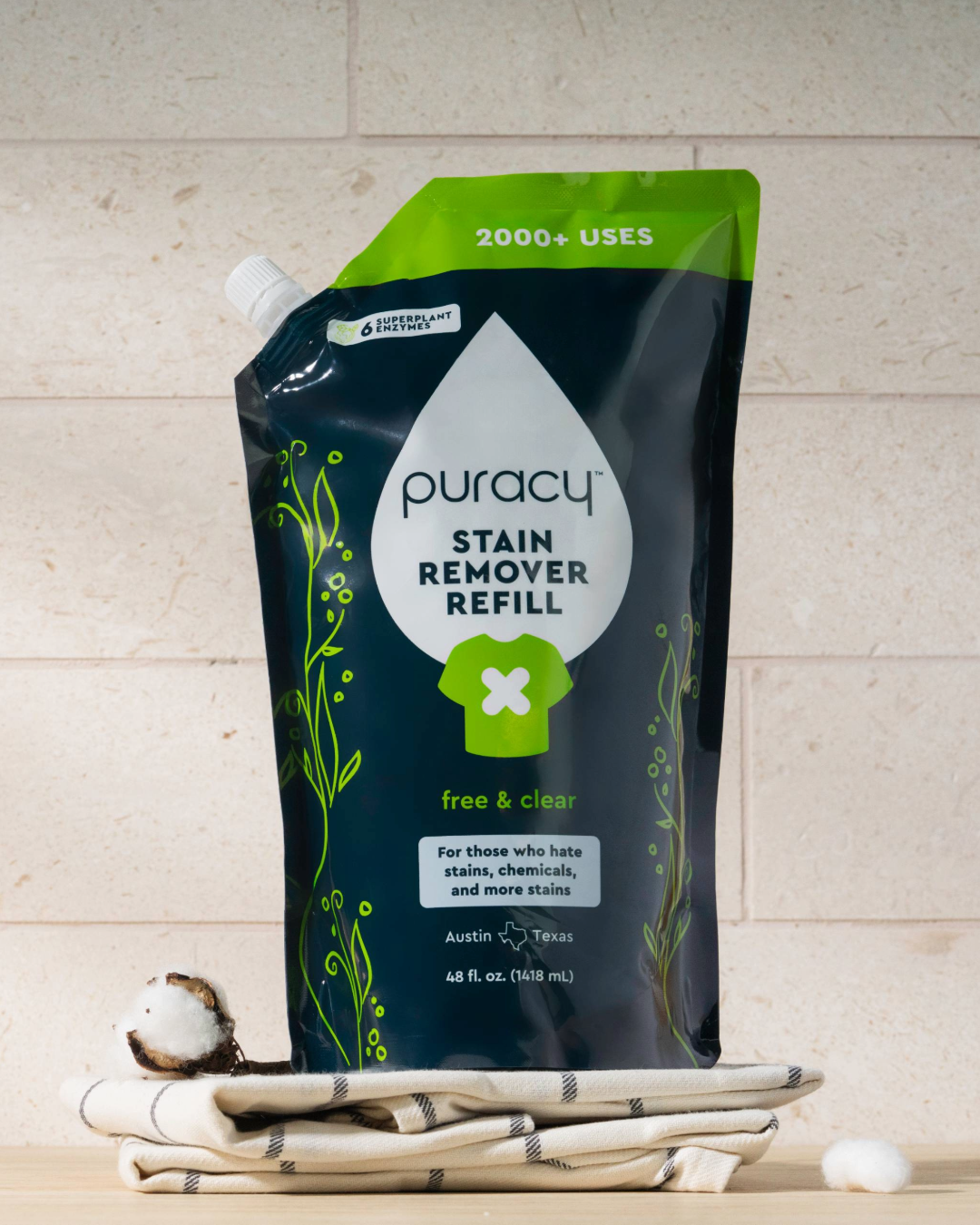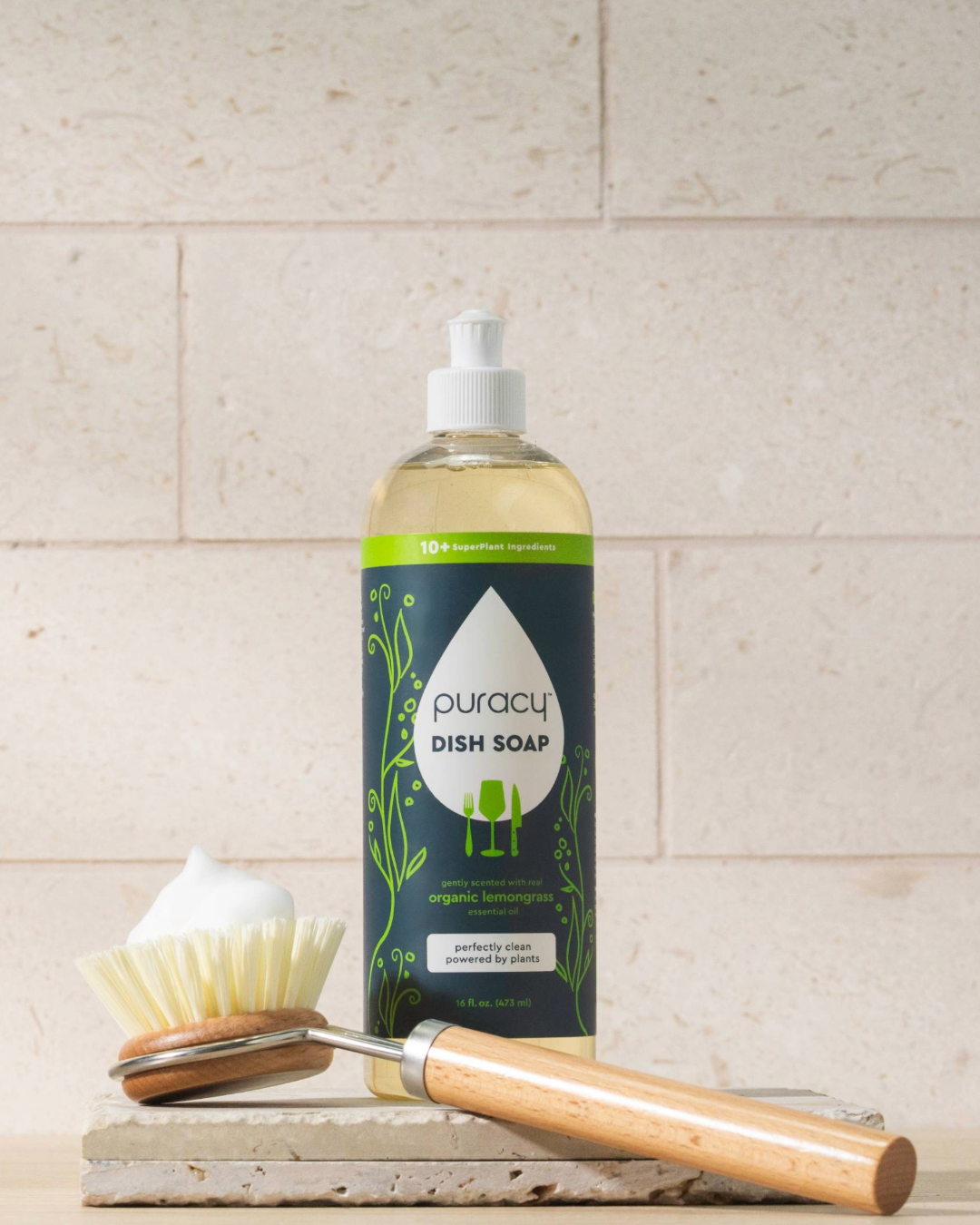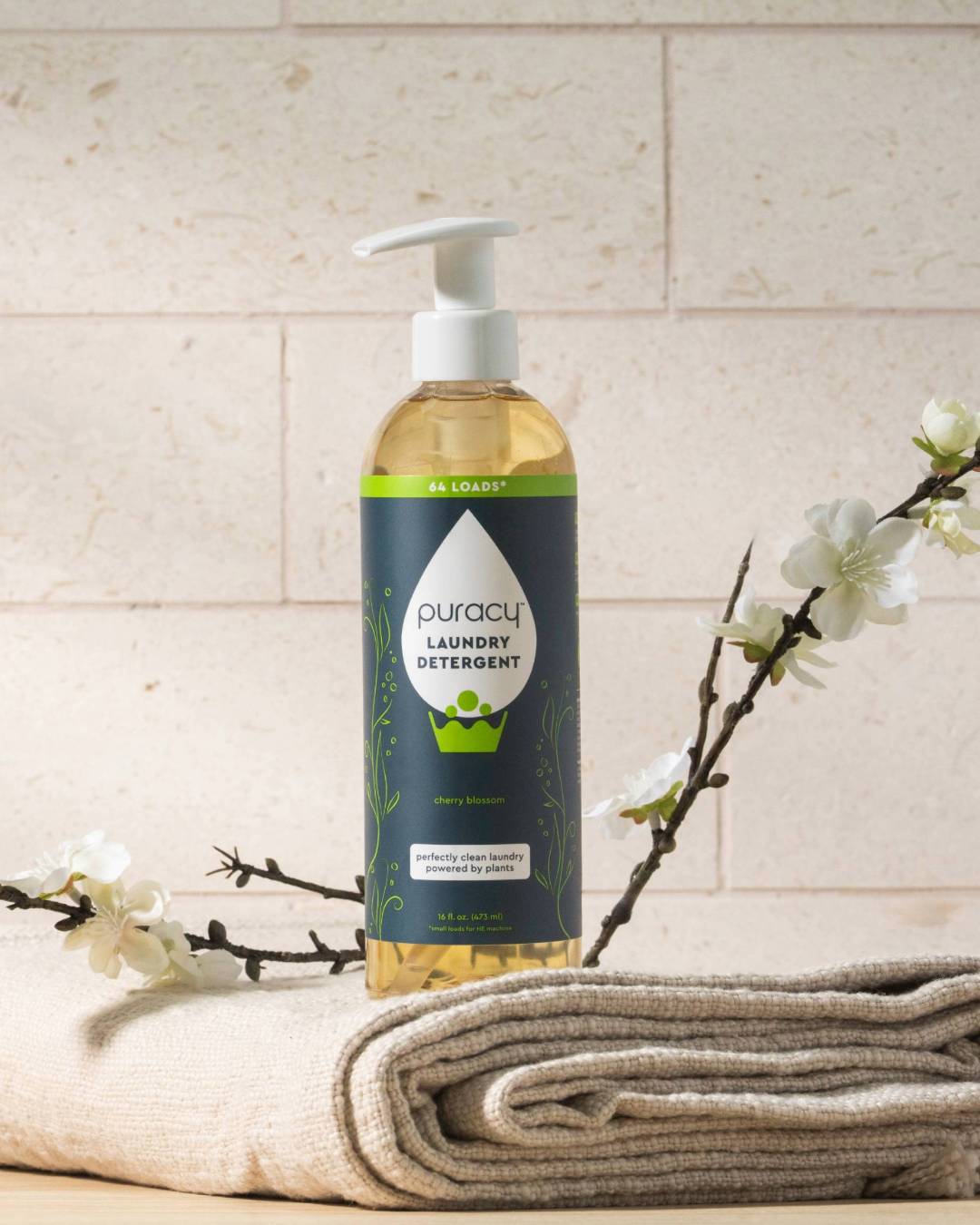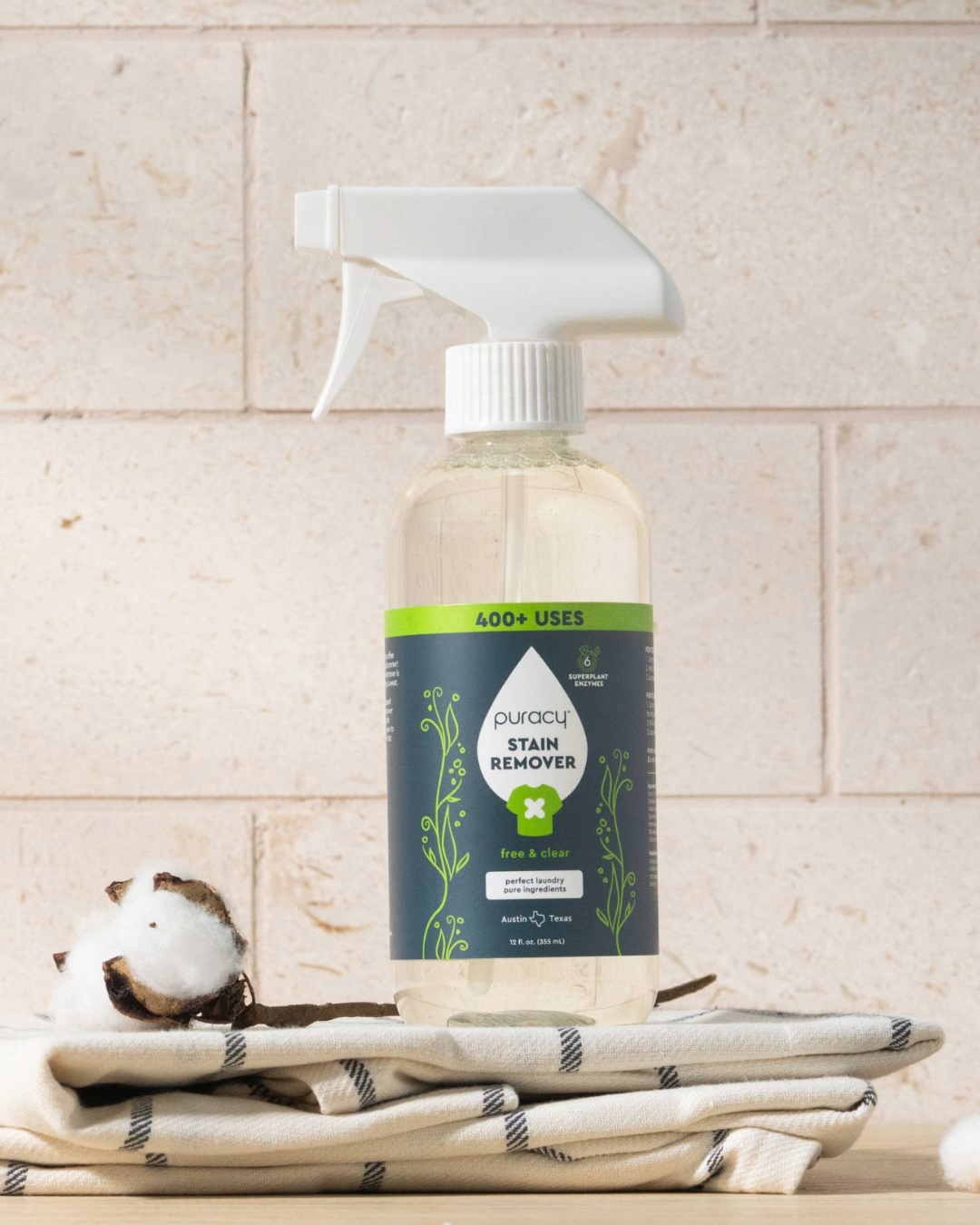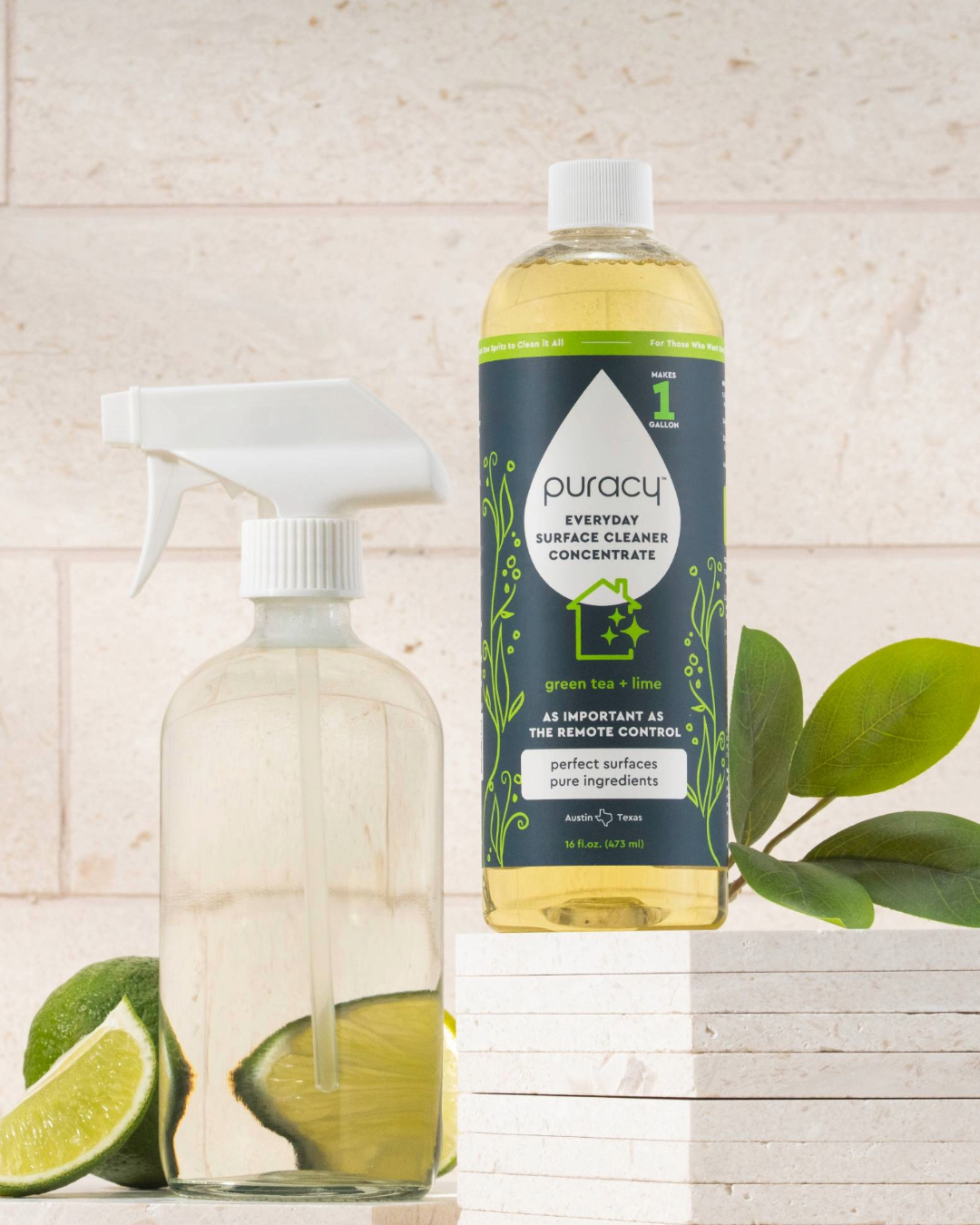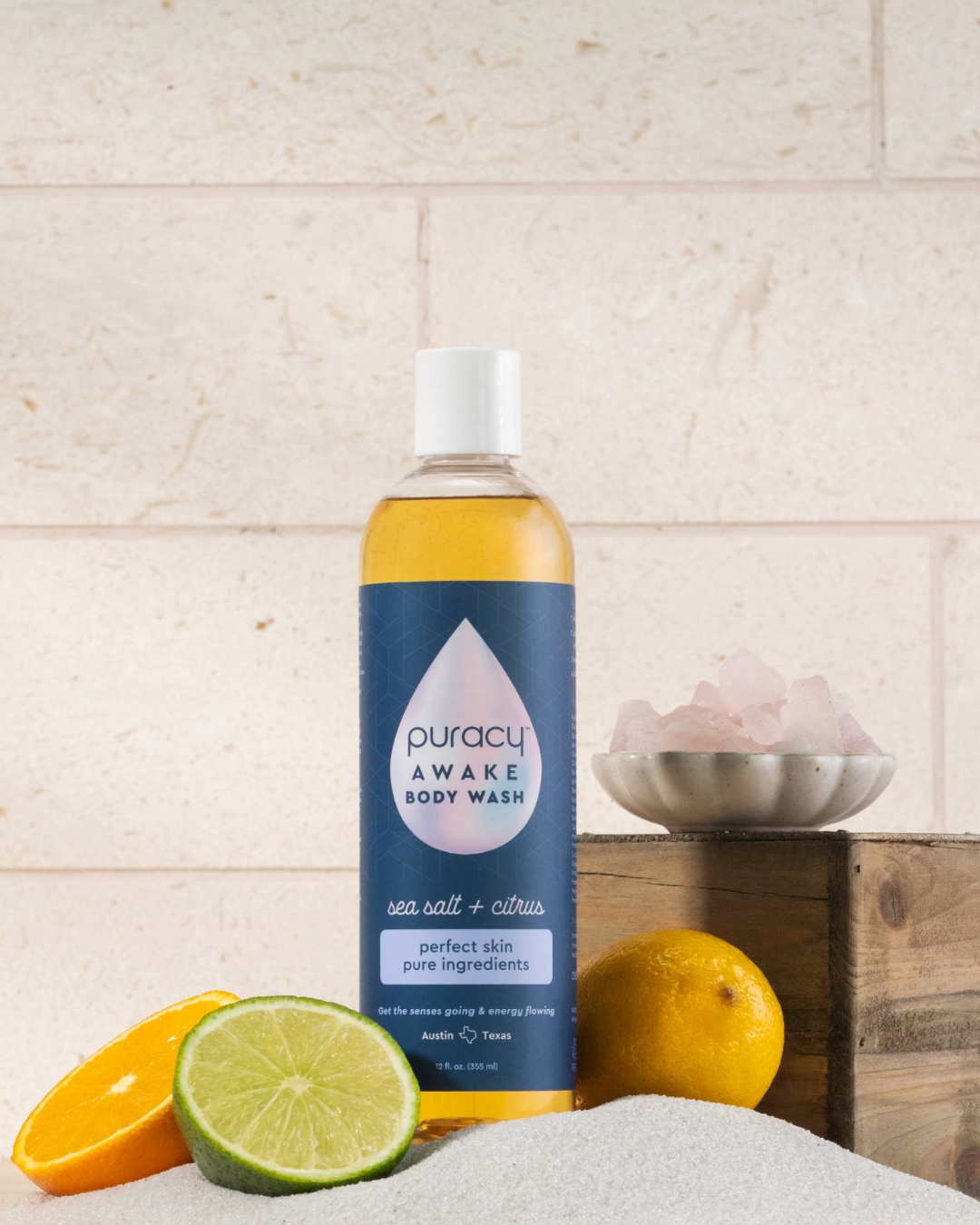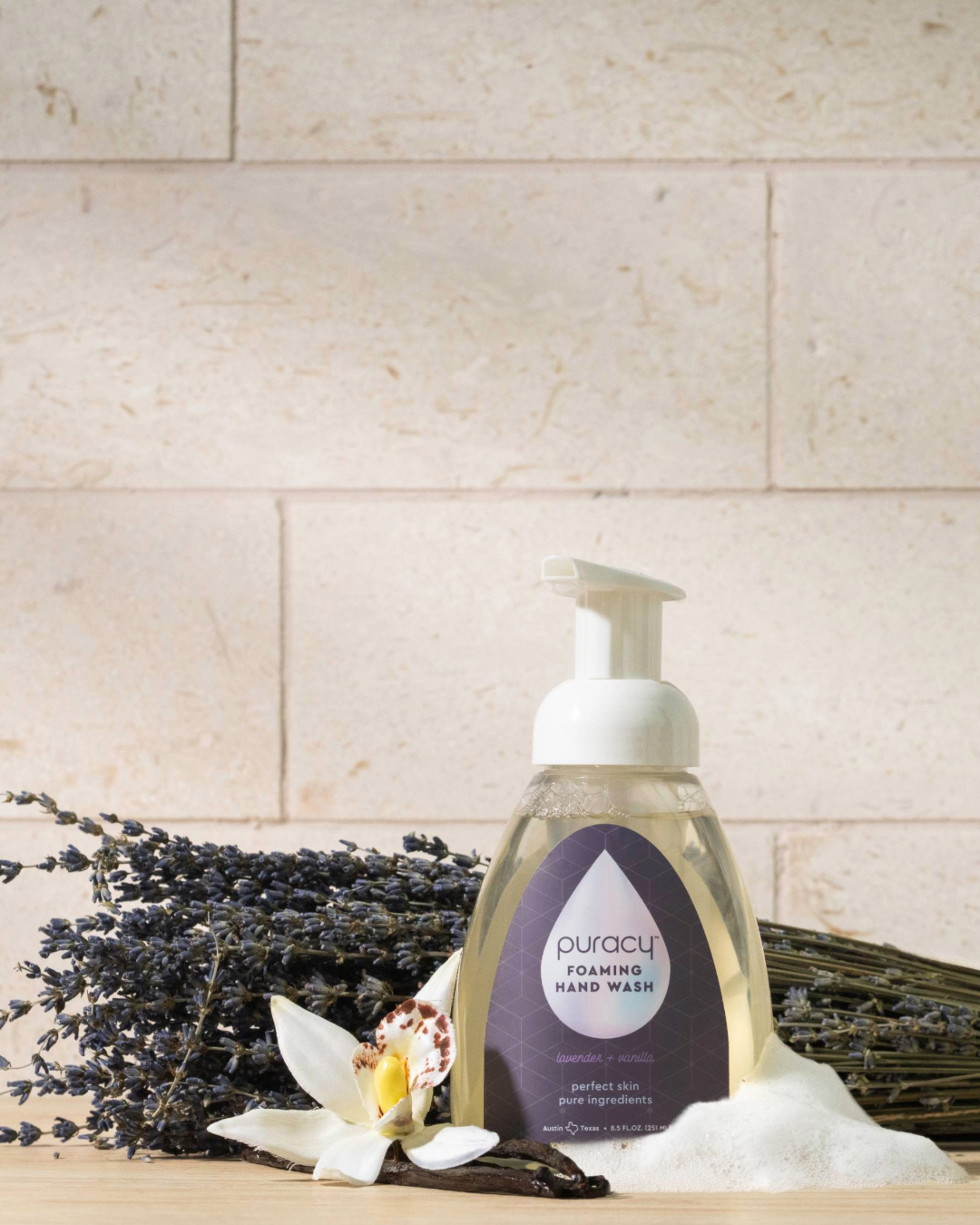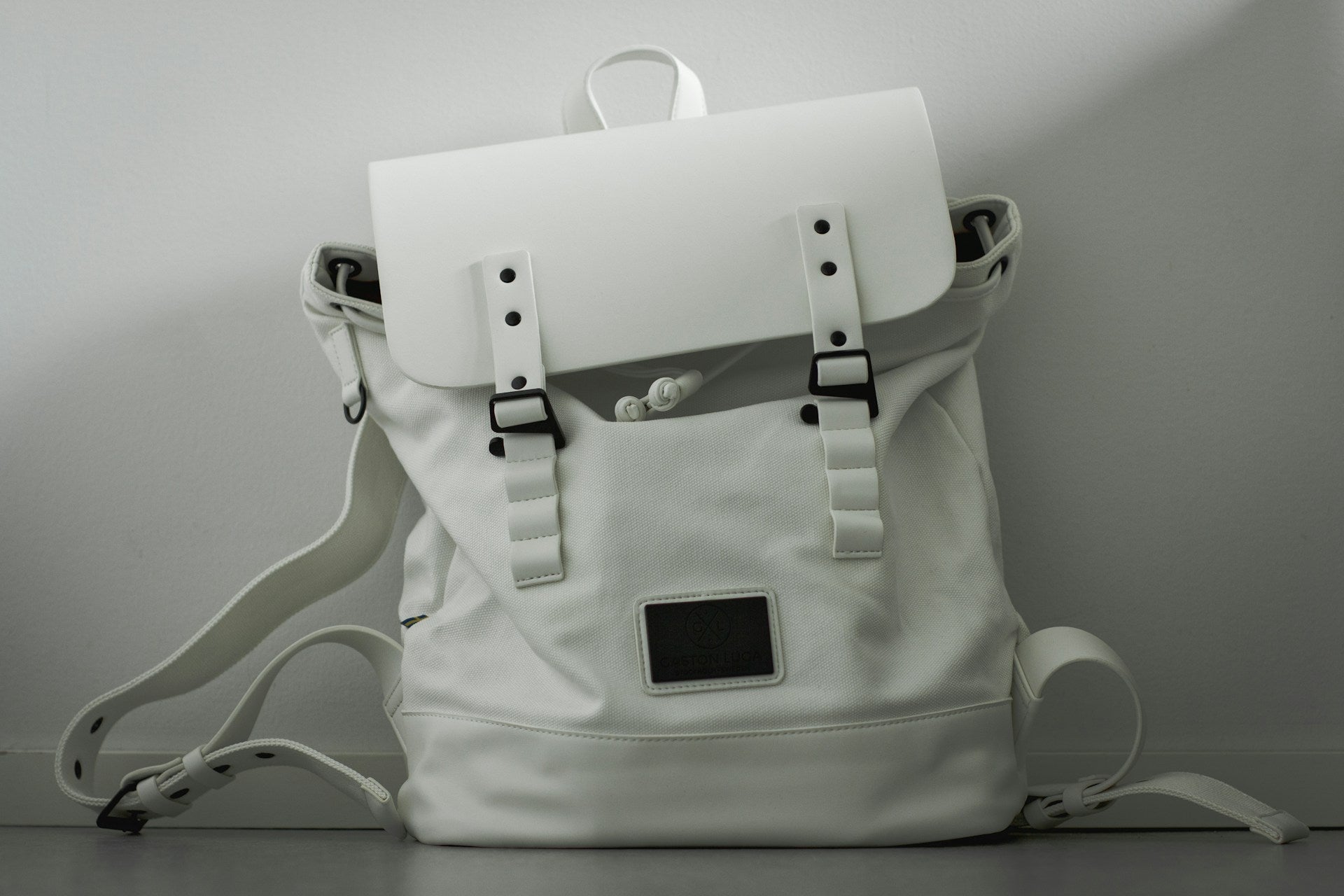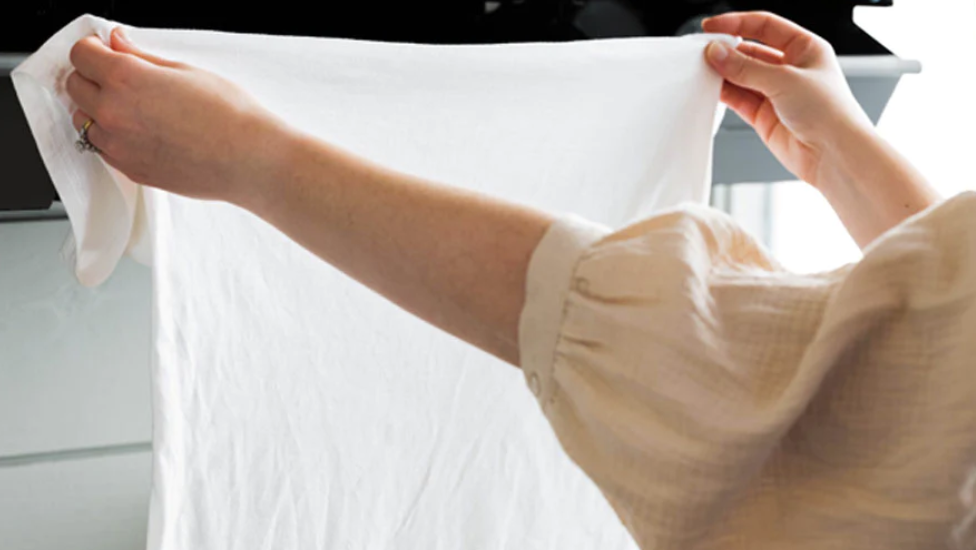
11 Best Natural Laundry Stain Removers
Are stubborn stains testing your patience? Discover the world of natural stain removers, offering eco-friendly and budget-friendly solutions that align perfectly with green cleaning values. In this comprehensive guide, we'll explore the best natural ingredients, DIY recipes, and the advantages and limitations of going green with your stain-fighting routine.
1. White Vinegar

- Description: White vinegar is a household staple that pulls double duty as a stain remover. It’s acidic enough to break down stubborn marks, yet gentle on fabrics, making it a go-to option for laundry.
- What makes it work: Its acetic acid content helps dissolve mineral-based stains like rust or hard water marks. Plus, it works wonders on sweat and deodorant stains.
- Added benefits: It neutralizes odors—so if you've got musty gym clothes, vinegar is a great de-stinkifier. It’s also biodegradable, which makes it an eco-friendly option.
- Avoid using it on: Delicate fabrics like silk or wool, as the acidity can weaken fibers over time.
- What Research Says: A 2021 study highlighted vinegar’s ability to tackle bacterial contamination, showing it’s not just a stain-fighter but also a disinfectant powerhouse.
2. Baking Soda

- Description: This alkaline powder works magic on a variety of stains, especially oil and grease.
- What makes it work: Baking soda’s mild abrasive nature helps lift stains, while its alkalinity neutralizes acidic stains like coffee, wine, and vomit.
- Added benefits: It also works as a fabric softener and odor eliminator, making your clothes feel fresher and softer. Plus, it’s non-toxic and safe for your family and the planet.
- Avoid using it on: There aren’t many limits with baking soda, but it might not be the best for super delicate fabrics if you’re using it as a scrub.
- What Research Says: Recent findings from 2022 confirm that baking soda’s natural deodorizing properties also help reduce bacteria, making it a fantastic cleaner.
3. Hydrogen Peroxide

- Description: Hydrogen peroxide is a safe bleach alternative that’s gentle on fabric but ruthless on tough stains like blood, wine, and even grass.
- What makes it work: Its oxidizing properties help break down organic compounds in stains, particularly those that are protein-based, like blood or sweat.
- Added benefits: It’s a natural whitener, perfect for reviving dingy whites. It also kills bacteria, making it a great disinfectant for laundry.
- Avoid using it on: Colored fabrics, as it can bleach them out. Always test in an inconspicuous area first.
- What Research Says: Hydrogen peroxide’s efficacy as a cleaner and disinfectant has been supported by numerous studies, including one in 2020 that emphasized its environmental safety as a bleaching agent.
4. Borax

- Description: Borax is a naturally occurring mineral compound that’s been used in laundry for decades. It’s particularly effective for treating hard water stains and boosting the power of your detergent.
- What makes it work: Its high pH level helps soften water, which allows detergents to work better, and breaks down acidic stains.
- Added benefits: It also acts as a natural deodorizer and softener, so your clothes come out smelling fresh and feeling smooth.
- Avoid using it on: Wool and silk, as borax can weaken natural fibers over time.
- What Research Says: Research from 2021 backs its stain-removing prowess and its ability to improve detergent effectiveness, especially in hard water areas.
5. Lemon or Lime Juice

- Description: Lemon and lime juice can tackle stains with their natural acids.
- What makes it work: The citric acid in lemons and limes naturally bleaches fabrics, especially in the sun, and helps lift rust or berry stains.
- Added benefits: It leaves a fresh, clean scent, so you won’t need to add any artificial fragrances.
- Avoid using it on: Delicate fabrics and dark colors, as the natural bleaching effect can fade them.
- What Research Says: A 2022 study confirmed the antibacterial properties of citric acid, showing it has added cleaning benefits beyond stain removal.
6. Cornstarch

- Description: Cornstarch is a surprising little trick for oil-based stains like grease or butter. It's especially effective when you catch the stain early.
- What makes it work: It absorbs oils from the fabric, making it easier to lift them out without smearing or spreading.
- Added benefits: It's safe for all fabrics, non-toxic, and gentle enough for baby clothes.
- Avoid using it on: Wet stains—it works best when applied dry.
- What Research Says: Recent studies, like one from 2021, suggest that cornstarch remains a top choice for absorbing oils and moisture.
7. Rice Flour

- Description: Rice flour can work as a delicate scrub for lifting stains like makeup, ink, or grease from fabric.
- What makes it work: Its finely milled particles are mildly abrasive, allowing it to scrub without damaging fabrics.
- Added benefits: It’s hypoallergenic and safe for sensitive skin, making it ideal for washing baby clothes or items for anyone with allergies.
- Avoid using it on: Extremely delicate fabrics, as it can leave a residue.
- What Research Says: In 2023, researchers praised rice flour's effectiveness in cleaning oil-based stains on soft fabrics while leaving fibers intact.
8. Chalk

- Description: Chalk is a handy tool for grease stains. You can rub it directly onto fresh oil stains to absorb them before washing.
- What makes it work: The chalk’s powdery texture absorbs the grease, making it easier to wash away.
- Added benefits: Perfect for on-the-go stain removal. Toss a piece of chalk in your bag for emergency grease stains when you’re out and about.
- Avoid using it on: Dark fabrics, as it can leave a powdery residue.
- What Research Says: A study from 2021 confirmed chalk’s effectiveness in treating oil stains, particularly when used before they set in.
9. Salt

- Description: This humble kitchen staple is perfect for soaking up liquid spills, whether it’s red wine or juice. Salt is abrasive, making it a good choice for scrubbing out tough spots.
- What makes it work: Salt's granules soak up liquid and help to lift out stains, particularly for wine and blood when treated immediately.
- Added benefits: It’s incredibly cheap and widely available, and its natural abrasiveness is tough on stains but not harmful to fabrics.
- Avoid using it on: Delicate fabrics or older stains, as salt’s abrasive quality could wear them down.
- What Research Says: A 2020 study revealed that salt’s granular texture aids in lifting stains while being gentle on most fabrics.
10. Vegetable Glycerin

- Description: Vegetable glycerin is a great option for ink and dye stains. Its slick consistency helps lift stains and keep fabrics soft.
- What makes it work: Glycerin breaks down the molecular bonds in ink and dye stains, making them easier to wash out.
- Added benefits: It’s hypoallergenic and safe for sensitive skin, so you can use it on delicate fabrics and baby clothes.
- Avoid using it on: Glycerin can leave a residue, so make sure you wash thoroughly after treating a stain.
11. Milk

- Description: Surprisingly, milk works particularly well on ink stains, as the proteins in milk help lift the pigments from fabric.
- What makes it work: The lactic acid and proteins work to loosen ink, dirt, and grime from the fibers of your fabric.
- Added benefits: It’s safe for all fabrics and, unlike many cleaners, won’t leave a harsh chemical smell.
- Avoid using it on: Older stains or heat-sensitive fabrics. Milk can go sour, so avoid using it on items you can’t wash immediately.
- What Research Says: Researchers in 2022 found that milk’s protein content is excellent for drawing out ink and dye stains without harming the fabric.
Limitations of DIY Stain Removers:

While natural remedies are fantastic, they aren’t foolproof. Sometimes, tough stains like ink or oil might require multiple treatments or specific techniques or an enzyme-based stain remover that has been formulated to tackle tough stains.
Certain DIY methods can be less effective on synthetic fabrics, and delicate materials can sometimes react poorly. When in doubt, always test on a small, hidden area first.
Quick DIY Stain Remover Recipe
For a general stain-fighting solution, mix the following for a homemade recipe:
- 1 part baking soda
- 1 part white vinegar
- A few drops of lemon juice
Apply the paste, let it sit for 30 minutes, and wash the item according to its care instructions.
FAQs
Q: Can I mix multiple stain removers?
A: Yes. For instance, you can combine vinegar and baking soda for a bubbly reaction that helps tackle certain stains.
Q: How soon should I treat stains?
A: The sooner, the better. Fresh stains are much easier to treat than ones that have had time to set in.
Q: Are these methods safe for baby clothes?
A: These natural stain removers aresafe for sensitive skin, making them great for your little one’s laundry. However, always check with your child’s doctor first to confirm the safety of an ingredient before using it on fabric.
Can natural stain removers be used on all fabrics?
Not all fabrics react the same to natural ingredients. While most natural stain removers are safe, delicate fabrics like silk or wool may not handle acids like lemon juice or vinegar well. Always do a patch test on an inconspicuous area first to avoid any damage.
How do I remove old or set-in stains with natural products?
Old stains can be tricky, but natural solutions like a paste of baking soda and vinegar can work wonders. Let the paste sit on the stain for about 30 minutes, scrub gently, and then wash. For extra stubborn stains, multiple applications may be needed.
Do natural stain removers work on colored fabrics?
Yes, but with caution. Some natural remedies, like hydrogen peroxide or lemon juice, have a mild bleaching effect that can fade colors. To be safe, test them on a hidden part of the fabric or stick to less aggressive options like baking soda or vegetable glycerin for colored clothes.
Can natural stain removers completely replace store-bought products?
Natural stain removers are incredibly effective for most stains, but they may take a bit more time or multiple treatments to achieve the same results as some commercial products. However, they’re free from harsh chemicals, making them a safer and eco-friendly alternative.
Are there any environmental benefits to using natural stain removers?
Absolutely! Natural ingredients are biodegradable and free from harmful chemicals that can pollute water systems. By using them, you're not only protecting your family from toxins but also supporting a more sustainable, environmentally-friendly lifestyle.

